
C++ Programming
Internship 2025
Career-Based Complete C++ Programming Internship Program. Get Insights into: C++, OOPS concepts etc., with Project Implementation and Assignments. Stay Updated on Latest Industrial Updates.
1/ 2 Months
Online
8+ Live Projects
Dual Certification
Ultimate Step towards your Career Goals: Expert in C++ Technologies
Get ahead with the FutureTech Industrial Internship Program: gain hands-on experience, connect with industry leaders, and develop cutting-edge skills. Earn a stipend, receive expert mentorship, and obtain a certificate to boost your career prospects. Transform your future with practical, real-world learning today
Internship Benifits
Mentorship
Receive guidance and insights from industry experts.
Hands-on Experience
Gain practical skills in a real-world cutting-edge projects.
Networking
Connect with professionals and peers in your field.
Skill Development
Enhance your technical and soft skills.
Career Advancement
Boost your resume with valuable experience.
Certificate
Get a certification to showcase your achievements.
C++ Internship Overview
Introduction to C++
- History and evolution of C++
- Why C++ is used (high-performance applications, system programming, game development, etc.)
- Key features of C++ (Object-Oriented Programming, Generic Programming, etc.)
Installation
- How to install a C++ compiler (e.g., GCC, Clang, MSVC)
- IDEs for C++ (Visual Studio, Code::Blocks, Eclipse, CLion)
- Setting up the environment on Windows, Linux, and macOS
Basic Syntax
- Structure of a C++ program
- The
main()function - Comments (single-line and multi-line)
- Basic program flow (compiling and running)
Input and Output
cinfor input andcoutfor output- Using
endlto create new lines - Formatting output (precision, width, etc.)
Variables and Data Types
- Definition of variables
- Naming conventions for variables
- Common data types:
int,float,double,char,bool
Numeric Data Types
int,long,short,unsigned,signed- Differences between signed and unsigned data types
- Choosing appropriate numeric types based on the range of values
Other Data Types
char: Used for storing charactersbool: True/False valuesvoid: Used for functions that do not return any valueauto: Type inference- Examples and use cases for each type
Operations and Operators
- Arithmetic operators:
+,-,*,/,% - Comparison operators:
==,!=,<,>,<=,>= - Logical operators:
&&,||,! - Bitwise operators:
&,|,^,~,<<,>> - Assignment operators:
=,+=,-=, etc. - Increment/Decrement operators:
++,--
- Arithmetic operators:
Flow Control Statements
if,else if,elseelsewith conditions- Nested if statements
Switch Case
- Syntax and usage of the
switchstatement - Working with
case,default - Use case examples
- Syntax and usage of the
Ternary Operator
- Syntax of the ternary operator:
condition ? expr1 : expr2 - When to use the ternary operator for concise code
- Syntax of the ternary operator:
Loops
forloop: Syntax, example, and use caseswhileloop: Syntax, example, and use casesdo whileloop: Difference fromwhileloop and examples
Break and Continue
- How
breakandcontinuework inside loops - Use cases for both in control flow
- How
Functions
- Defining and calling functions
- Return types and parameters
- Function overloading
- Recursion in functions
Lambda Functions
- Syntax of lambda functions
- Using lambdas for functional programming
- Capturing variables by reference or value
Pointers Introduction
- What are pointers? (Memory addresses and indirect access)
- Pointer syntax: Declaration, initialization, dereferencing
- Pointer vs. array
Use Cases with Pointers
- Pointers with functions (passing by reference)
- Dynamic memory allocation using
newanddelete
References
- Difference between pointers and references
- Reference variables in function arguments
- Use cases of references in C++
Object-Oriented Programming (OOP) Basics
- Classes and Objects
- Encapsulation, Abstraction
- Constructors and Destructors
Inheritance
- Types of inheritance (single, multiple, multilevel)
- Syntax of inheritance:
public,protected,private - Accessing base class members from derived class
Polymorphism
- Function overloading and overriding
- Virtual functions and pure virtual functions
- Virtual destructors
File Handling
- File streams:
ifstream,ofstream,fstream - Opening and closing files
- Reading and writing to files
- File pointers and random access
- File streams:




































Looking for in-depth Syllabus Information? Explore your endless possibilities in C++ with our Brochure!
share this detailed brochure with your friends! Spread the word and help them discover the amazing opportunities awaiting them.
Project Submission: Example Output Screenshots from Our Clients
Take a look at these sample outputs crafted by our clients. These screenshots showcase the impressive results achieved through our courses and projects. Be inspired by their work and visualize what you can create!













Dual Certification: Internship Completion & Participation
Earn prestigious Dual Certification upon successful completion of our internship program. This recognition validates both your participation and the skills you have honed during the internship
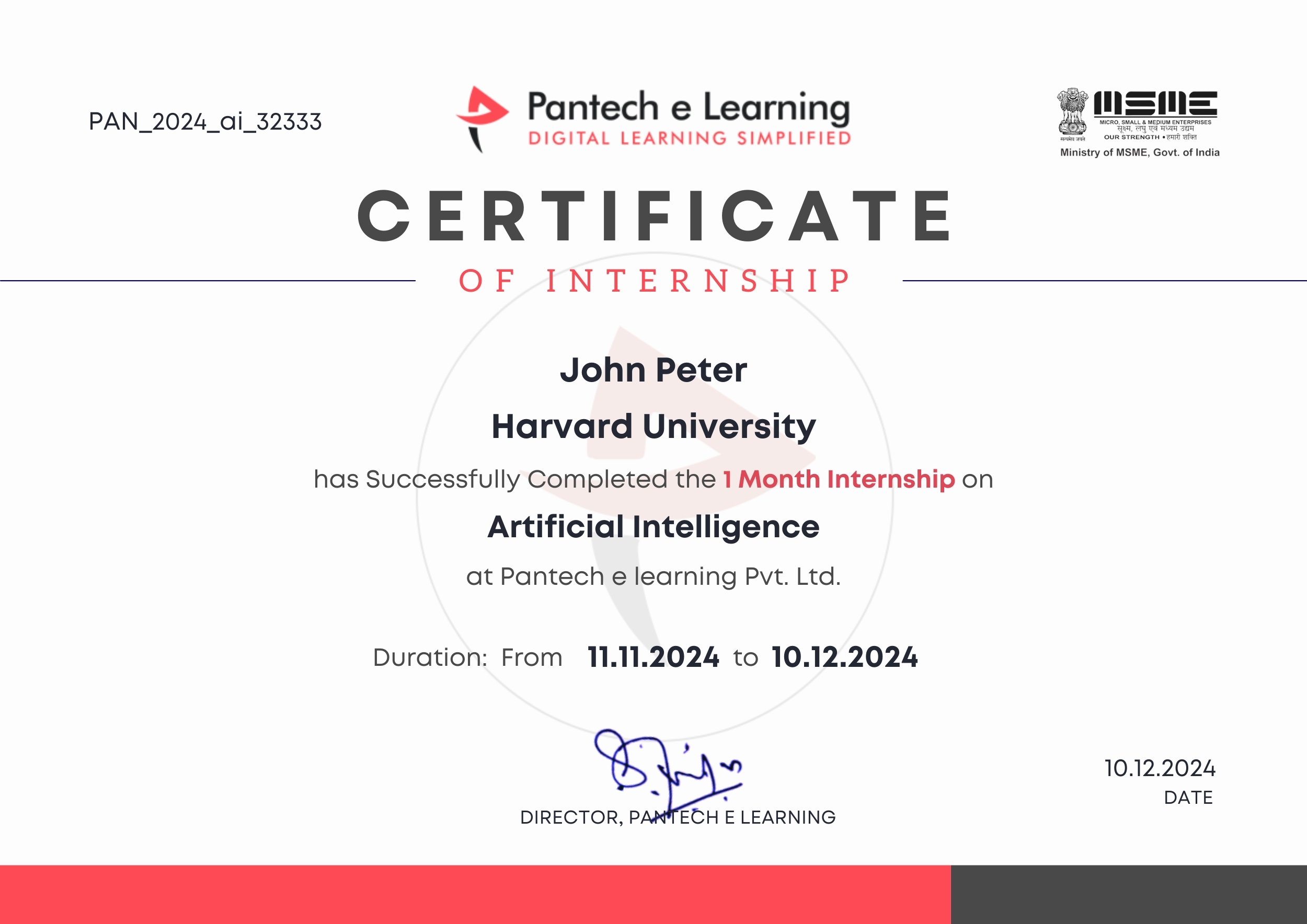
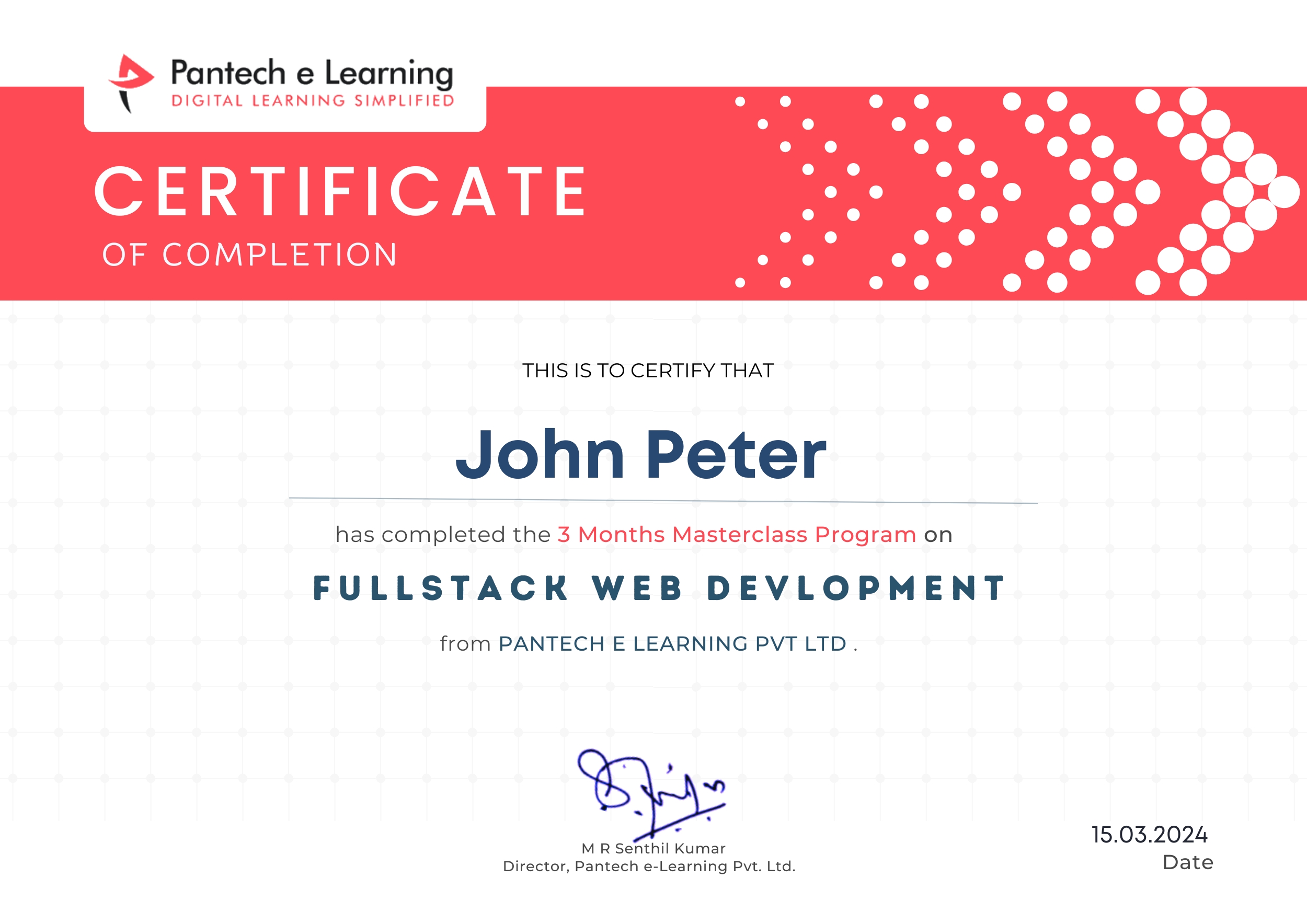
How does this Internship Program Work?
Step 1 Enroll in the Program
- Get a Mentor Assigned
- Presentations & Practice Codes
- Learn at your Flexible Time
- Apprehend the concepts
Step 2 Project Development
- Implement Skills Learn
- Develop Projects with assistance
- Get Codes for Reference
- Visualise the Concepts
Step 3 Get Certified
- Certificate of Internship
- Project Completion Certificate
- Share on social media
- Get Job Notifications
Choose Your Plan fit your needs
Master the Latest Industrial Skills. Select a technology domain & kick off your Internship immediately.
1 Month
₹1999/-
₹999/-
- Internship Acceptance Letter
- 90 Days from the date of payment
- 4 LIVE intractive Mastermind Sessions
- 4+ Capstone Projects & Codes
- Full Roadmap
- Internship Report
- 1 Month Internship Certificate
2 Month
₹3299/-
₹1899/-
- Internship Acceptance Letter
- 180 Days from the date of payment
- 4 LIVE interactive Mastermind Sessions
- 12+ Capstone Projects & Codes
- Full Roadmap
- Internship Report
- Participation Certificate
- 2 Month Internship Certificate
Our Alumni Employers
Curious where our graduates make their mark? Our students go on to excel in leading tech companies, innovative startups, and prestigious research institutions. Their advanced skills and hands-on experience make them highly sought-after professionals in the industry.
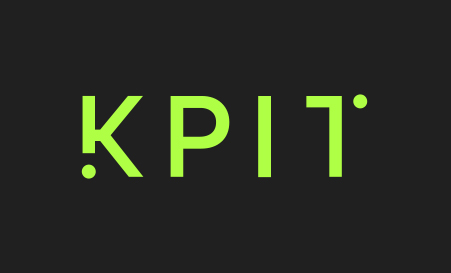

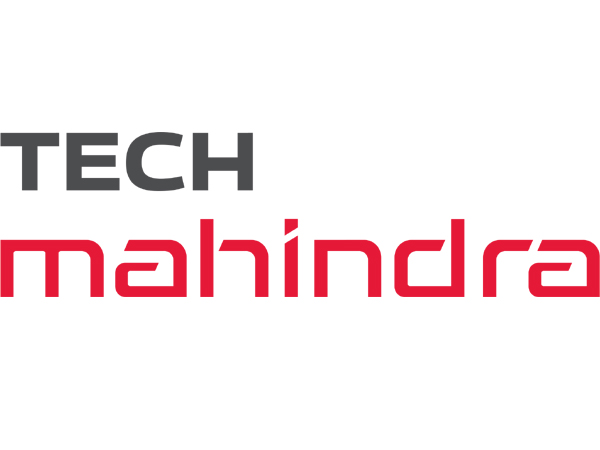



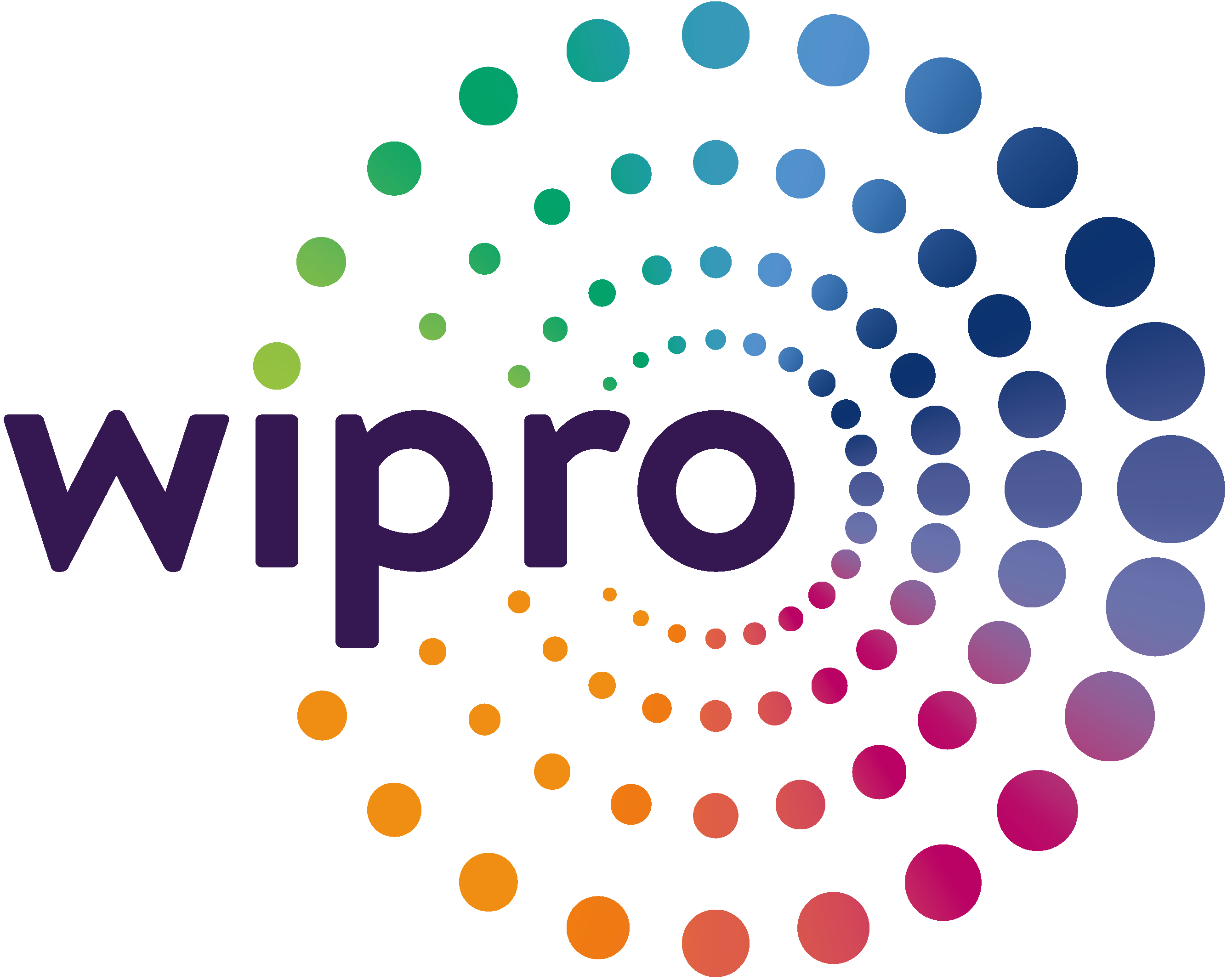

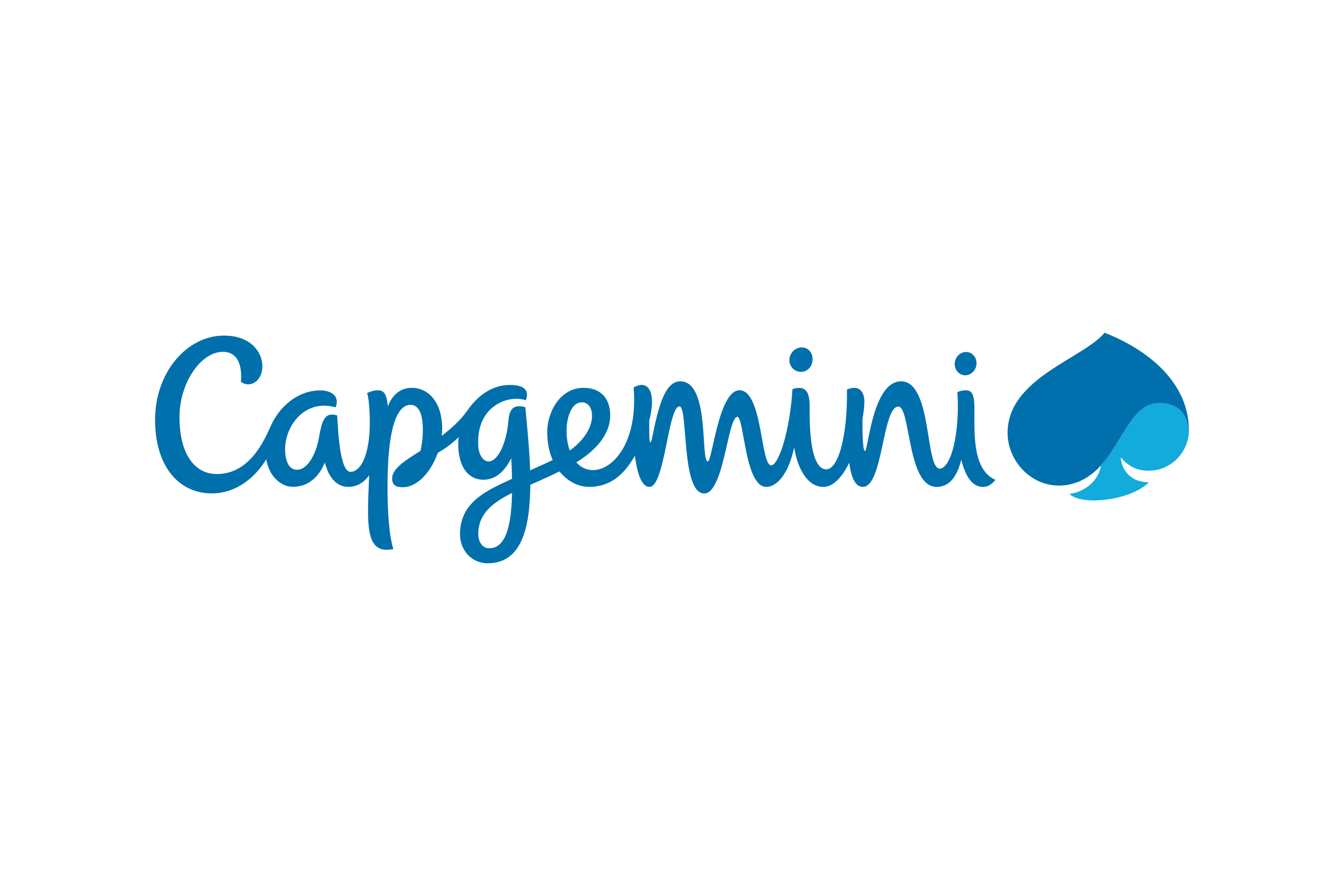
EXCELLENTTrustindex verifies that the original source of the review is Google. I recently completed my Python internship under the guidance of Mentor poongodi mam We learnt so many new things that developed my knowledge.this experience is good to learnTrustindex verifies that the original source of the review is Google. I completed my python internship guidance of mentor poongodi mam. She thought us in friendly qayTrustindex verifies that the original source of the review is Google. Poongodi mam done very well She took the class very well When we ask any doubt without getting bored she will explain,we learned so much from mam,marvelousTrustindex verifies that the original source of the review is Google. I have handled by poongodi mam.domain python intership...was goodTrustindex verifies that the original source of the review is Google. I recently completed Python internship under the guidance of poongodi mam who excelled in explaining concepts in an easily understandable wayTrustindex verifies that the original source of the review is Google. Fantastic class we were attended..we got nice experience from this class..thank you for teaching python mam...Trustindex verifies that the original source of the review is Google. -The course content was well-structured - I gained valuable insights into microcontrollers, sensors, and programming languages- The workshop was informative, interactive, and challenging, pushing me to think creatively. Ms Jimna our instructor her guidance and feedback helped me overcome obstacles and improve my skills.Trustindex verifies that the original source of the review is Google. The learning experience was really worth since more than gaining just the knowledge all of the inputs were given in a friendly and sportive manner which then made it a good place to learn something with a free mindset... 👍🏻Trustindex verifies that the original source of the review is Google. I recently completed my full stack python intership under the guidance of mentor Gowtham,who excelled in explaining concepts in an easily understand mannerTrustindex verifies that the original source of the review is Google. Gowtham-very interesting class and I learning so many things in full stack python development and I complete my internship in Pantech e learning and it is useful for my career
FAQ
What is the purpose of the break statement?
The break statement is used to exit from loops or switch statements prematurely, typically when a certain condition is met.
What is the auto keyword in C++?
The auto keyword allows the compiler to automatically deduce the type of a variable based on the initializer.
How does file handling work in C++?
C++ uses file streams (ifstream, ofstream, fstream) for reading and writing files. You can open, read/write, and close files using these stream objects.
What is the role of the void data type?
The void type signifies that a function does not return any value or that a pointer is a generic pointer type.
What are virtual functions in C++?
Virtual functions are functions in a base class that can be overridden in derived classes. They enable dynamic polymorphism, meaning the method that gets called is determined at runtime.
What is the difference between public, private, and protected in inheritance?
publicinheritance allows derived class to access public and protected members of the base class.privateinheritance makes base class members private in the derived class.protectedinheritance allows access to protected members but not public ones.
Start Your Tech Journey Today
Sign Up for Exclusive Resources and Courses Tailored to Your Goals!
© 2025 pantechelearning.com

